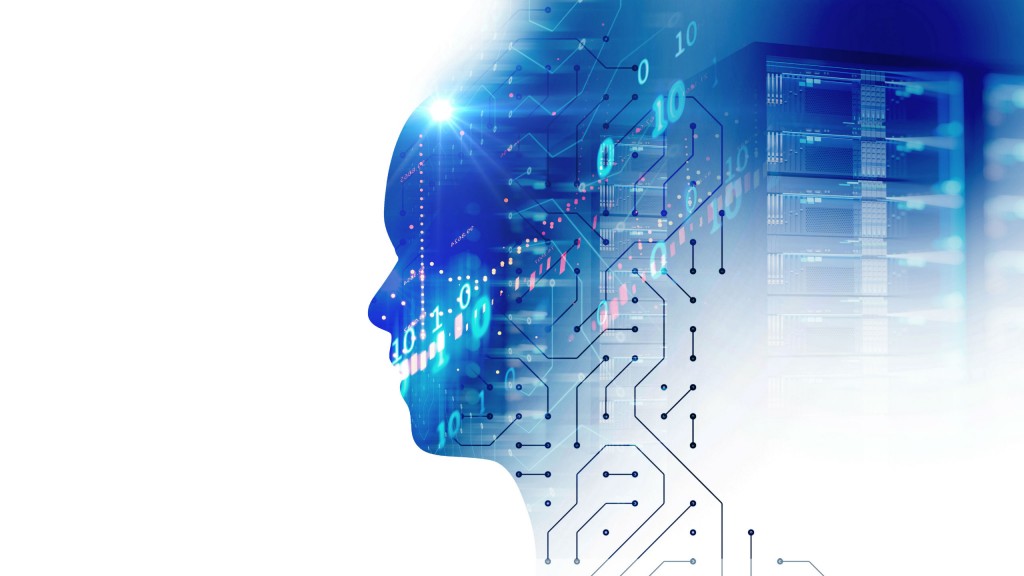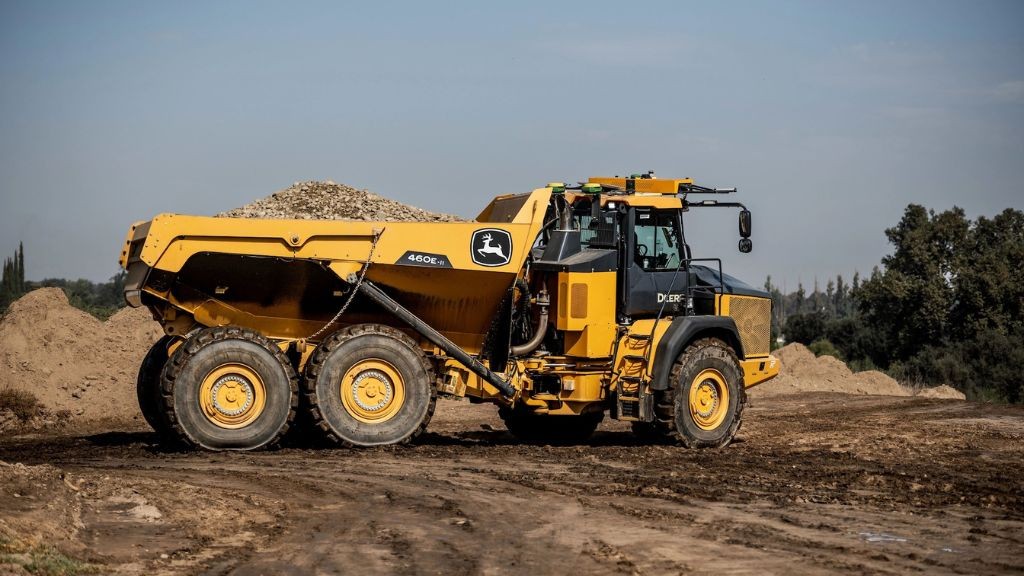
Artificial intelligence (AI) is changing the way the construction industry does business. After years of hype, the technology is finally here and can boost productivity, safety and other critical aspects of business success.
An AI system can enable such services as predictive maintenance, which multiples the value of the Internet of Things (IoT).
"With AI, users can learn patterns that lead to failures and make predictions such as construction equipment failing if it is not serviced after a certain amount of time," Maciej Kranz of Cisco explains.
"The AI system might also recommend how to operate the equipment to maximize its useful life, offering trade-offs between performance and longevity."
Machine learning makes the analytics systems "smarter" as time goes on and more data sets and patterns are available.
Kranz makes the analogy that AI is the brain and IoT is the body, with IoT providing both input (data) and output (action) for the smart computing and analytics function of a centralized AI system.
"By working smarter together, users can make better day-to-day or planning decisions, whether on a construction site or in a manufacturing facility or in a retail store," says Kranz.
AI is here to stay
About 60 percent of companies believe their future success depends on the implementation of artificial intelligence, according to Harvard Business Review. Another 36 percent say their organizations were in pilot or production use with machine-learning technology.
While this type of technology can better empower construction teams to handle critical tasks, there are a number of challenges holding back widespread adoption that need to be addressed first before finding success with artificial intelligence. These include:
• Fear among workers: Some employees believe that AI is a job killer and that it will require a deeper understanding of data science. However, as newer tools come out, AI is becoming an easier-to-use tool.
• Cultural resistance: There is also a cultural resistance to new groundbreaking technologies that needs to be overcome. Kranz emphasizes that it is important that people understand AI is here, and that movement on adoption should be a priority, but only once a company's needs and values have been assessed.
• Security: From an IT perspective, security is a huge issue, and the security industry is finally addressing the special requirements of IoT, inclusive of AI, according to Kranz. "Just as they responded to Wi-Fi 15 years ago, they are now focusing on security standards, interoperability, and certifications, from the device level through the network and to the cloud."
New business models in construction
The technology combination of IoT and AI will change construction for the long term with new business opportunities and revenue streams as well as new business models and structures that take advantage of IoT and AI capabilities.
Artificial intelligence is expected to alter business models in the construction industry in areas including logistics, customer-relationship management, support, workflow automation and finance.
Even more, artificial intelligence can help in recreating realistic situations for training, reducing injuries and costly mistakes and making operations more efficient. This can enable operators to better use existing labour resources, helping with the skilled labour shortage in construction, according to Kranz.
In the future, cobots and robots can work alongside workers, helping to speed construction, make better decisions and reduce costs and injuries.



